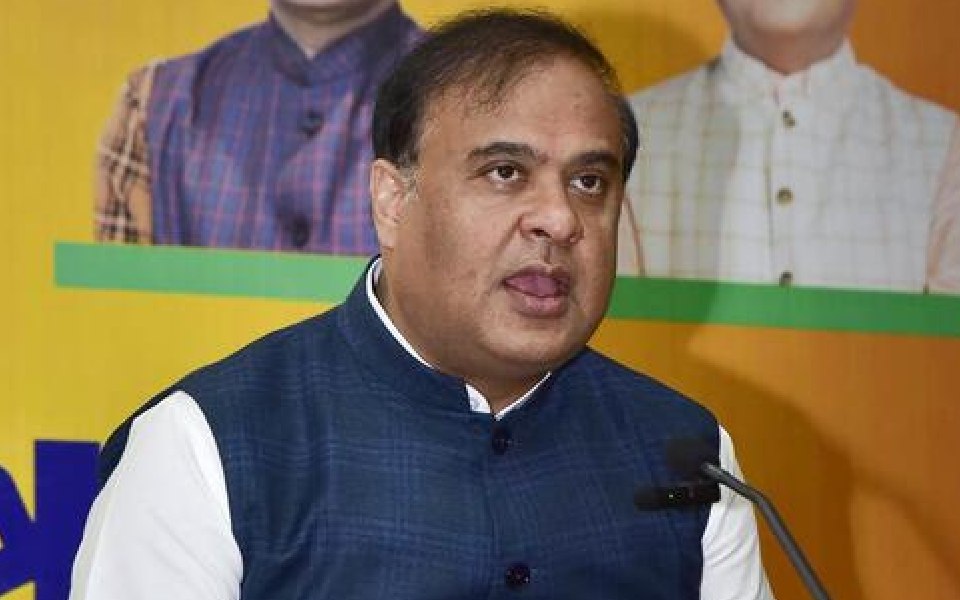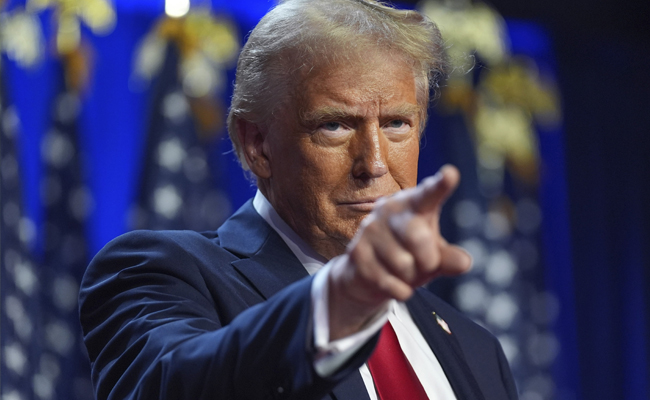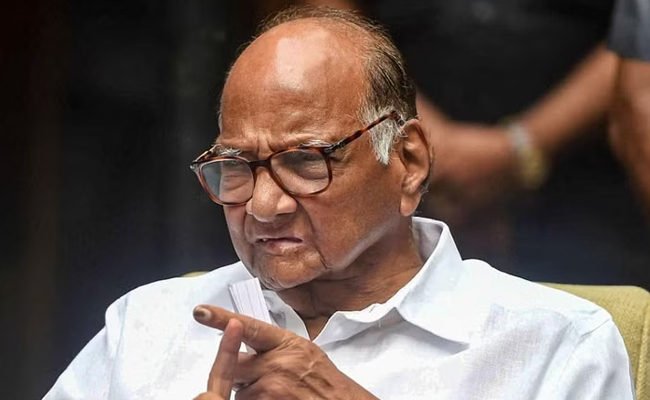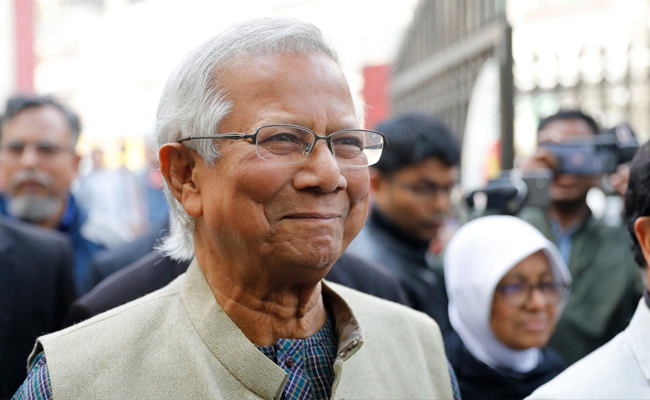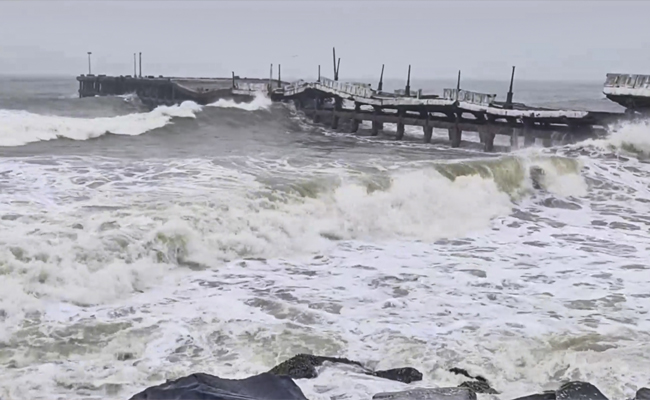Guwahati: A day after Assam Chief Minister Himanta Biswa Sarma asserted that he “will take sides” and “will not let Miya Muslims take over Assam”, eighteen opposition parties have filed a police complaint at the Dispur police station accusing him of trying to ‘promote enmity’ based on religion and race.
According to a report in The Indian Express, the parties have accused Sarma of “criminal conspiracy” aimed at creating unrest in the state, warning that a “riot-like situation” could ensue unless he is “arrested or restrained.” Bhupen Borah, chief of Assam Congress, alleged that Sarma is provoking communal riots and making inflammatory statements even within the assembly. Borah also indicated that they plan to write about the issue to the President.
This comes amid rising inter-community tensions in Assam, which intensified following the alleged gang rape of a 14-year-old girl in Nagaon district on August 22. Sarma and several of his ministers have termed the incident, in which the accused are Bengali-Muslims, an “attack on the indigenous,” as mentioned by IE.
In response to accusations of partiality, Sarma reaffirmed his stance, stating, "I will take sides. What can you do about it?" The Chief Minister’s remarks included a controversial assertion that he would not permit "Miya Muslims" — a pejorative term for Bengali-speaking Muslims in the state — to dominate Assam. Sarma said, "Why will people from Lower Assam go to Upper Assam? So that Miya Muslims can take over Assam? We won't let it happen."
Sarma has a history of making provocative statements targeting specific religious communities. Last year, he remarked that he would clear Guwahati’s footpaths of “Miya” vegetable vendors. Earlier this month, he accused the University of Science and Technology in Meghalaya (USTM) which is owned by a Bengali-Muslim, of engaging in 'flood jihad,' claiming that the university's hill demolitions for new construction had contributed to waterlogging issues in the capital city.
Let the Truth be known. If you read VB and like VB, please be a VB Supporter and Help us deliver the Truth to one and all.
New York (PTI): Several American universities have issued travel advisories for their international students as well as staff and urged them to return to the US before President-elect Donald Trump’s inauguration in January next year amid concerns over travel bans that may be enacted by his administration.
Trump will take the oath of office on January 20 and has announced that he will sign several executive orders on issues of economy and immigration on his first day as the 47th President of the United States.
Amid concerns over the disruptions caused by travel bans during his first term as president, several top US universities are issuing travel advisories for their international students and faculty who may be travelling outside the country around Trump’s inauguration.
According to data from the US Department of State, Bureau of Educational and Cultural Affairs, and the Institute of International Education, India and China made up over half (54 per cent) of all international students in the United States.
But for the first time since 2009, India became the leading place of origin with 331,602 international students in the United States in 2023/2024, reflecting a 23 per cent increase from the prior year, surpassing China, according to data from the ‘Open Doors 2024 Report on International Educational Exchange’.
China was the second leading place of origin, despite a 4 per cent decline to 277,398 students. It remained the top-sending country for undergraduates and non-degree students, sending 87,551 and 5,517, respectively.
Associate Dean and Director at Massachusetts Institute of Technology (MIT) International Students Office David Elwell in a post following the presidential elections said that with every election, “when there is a change in administration on the federal level there can be changes in policies, regulations, and legislation that impacts higher education as well as immigration and visa status matters".
Elwell urged students to assess their travel plans over the upcoming winter break, noting that new executive orders under Trump may impact travel and visa processing.
In addition, election transitions also impact staffing levels at US Embassies/Consulates abroad, which could impact entry visa processing times.
“Students who would need to apply for a new entry visa at the US Embassy/Consulate abroad to return to the US in their student status should assess the possibility of facing any extensive processing times and have a backup plan if they must travel abroad and wait for a new entry visa to be issued. Any processing delays could impact students’ ability to return to the US as planned,” Elwell said.
The Office of Global Affairs at the University of Massachusetts, Amherst, in an advisory recommended that its “international community-- including all international students, scholars, faculty and staff under UMass immigration sponsorship" strongly consider returning to the US before the presidential inauguration if they are planning on travelling internationally during the winter holiday break.
While noting that this was not a requirement or mandate from UMass, nor was it based on any current US government policy or recommendation, the university added that “given that a new presidential administration can enact new policies on their first day in office (January 20) and based on previous experience with travel bans that were enacted in the first Trump administration in 2017", the Office of Global Affairs is making this advisory out of an abundance of caution to hopefully prevent any possible travel disruption to members of our international community.
"We are not able to speculate on what a travel ban will look like if enacted, nor can we speculate on what particular countries or regions of the world may or may not be affected.”
The Wesleyan Argus, the college newspaper of Wesleyan University, said in a report that the university has been “evaluating the potential future impacts" of the Trump administration on international and undocumented students.
“Much uncertainty surrounds the possible changes to American immigration policy that could be enacted by the Trump administration beginning January 20, 2025.”
The report added that Wesleyan’s Office of International Student Affairs (OISA) has been “concerned about sweeping policy changes” that could be implemented soon after Trump’s inauguration.
“With the presidential inauguration happening on Monday, January 20, 2025, and uncertainties around President-elect Donald Trump’s plans for immigration-related policy, the safest way to avoid difficulty re-entering the country is to be physically present in the US on January 19 and the days thereafter of the spring semester,” an email sent on November 18 to international students studying under the F-1 visa read, according to the Wesleyan Argus report.
Within a week of his first term as president, Trump had in January 2017 signed an executive order banning nationals of seven Muslim-majority countries - Iraq, Syria, Iran, Libya, Somalia, Sudan and Yemen - from entering the US for 90 days, causing massive disruptions among communities and outrage and concerns by civil rights organisations.

